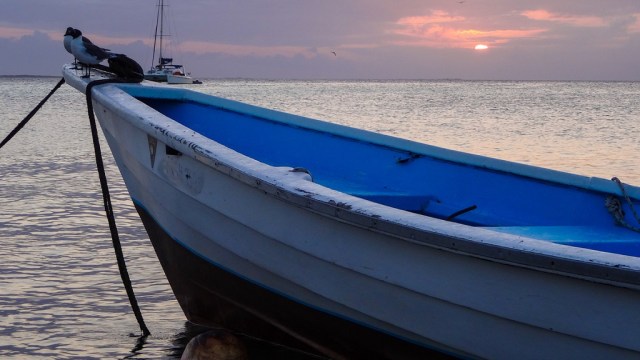
Thirty one venezuelans drowned off the coast of Guiria, Sucre after being crammed into a small boat designed for eight people, which capsized on December 6. The boat, My Memory, did not have proper safety equipment yet set out in rough seas with waves two to three metres high, amid bad weather including strong northwesterly tradewinds.
By Sean Douglas/ Newsday
These were the findings of an investigation announced by Venezuelan Minister of Internal Relations (MRI), Admiral-in-Chief Carmen Meléndez, as reported in a Venezuelan economics magazine, Banca y Negocios (Banking and Business.) The online publication on Friday carried an article headlined – MRI determines causes of Güiria tragedy and rejects ‘political manipulation’ that affects relations with Trinidad.
The article revealed that on top of those who had drowned the boat had been carrying in total some 41 people. It lamented, “The causes of the maritime accident in which more than 30 Venezuelan migrants died en route to Trinidad and Tobago, were due to the overloading of the boat and that the passengers were sailing without the minimum security (safety) conditions, in the midst of strong waves.”
The article said it provided the Venezuelan government’s summary of the police and forensic investigations undertaken so as to explain a tragedy which had grieved not just the people of Guiria, but all Venezuela. It said the incident revealed in the extreme, the daily tragedy experienced by millions of Venezuelans, forced to leave the country by the economic and social crisis.
The article said the MRI head said the 41 travellers were going to “spend the Christmas holidays with their families and others were going to work in previously arranged positions.” The story said the MRI did not state the travellers’ conditions of immigration, in light of recent deportations.
“The main cause of the wreck was the overloading of the fiberglass rock-type vessel, which, having a capacity for eight people and a maximum weight of two tonnes, was carrying 41 people and weighing approximately four tonnes,” Meléndez said.
“Additionally, they did not have life jackets or the necessary implements for navigation.”
She said the trip was made in the middle of waves between two to three metres high.
“It is important to point out that the boat left an illegal place and at night, with the intention of evading the maritime controls established by the security agencies of the Bolivarian Republic of Venezuela,” she added.
Meléndez said the Venezuelan government has since strengthened maritime controls so that this type of event does not repeat itself. Further, that government has promised comprehensive social assistance for local families, to support them in their pain over their irreparable loss in this regrettable accident. The Venezuelan government sympathised with the communities where the victims had lived, and pledged its solidarity to the people of Guiria.
The minister criticised an alleged political manipulation by extremist elements which, without considering the pain of the Venezuelan families which had lost loved ones, had used the image and memory of the deceased to affect the stability of the country and the relations between the governments of Venezuela and TT.
TT’s prime minister Dr Rowley has accused Venezuelan and local opposition of politicising the drownings, saying his government did the best it could to help migrants legally through the 2019 registration exercise which allowed an estimated 16,000 to work. Dr Rowley also recently announced the legal migrants would have a six-month extension of the amnesty. He urged Venezuelans in their homeland to not risk their lives by trying to sail to Trinidad.
On Christmas Day, National Security Minister Stuart Young again warned that transporting migrants was illegal and qualified as human trafficking.

